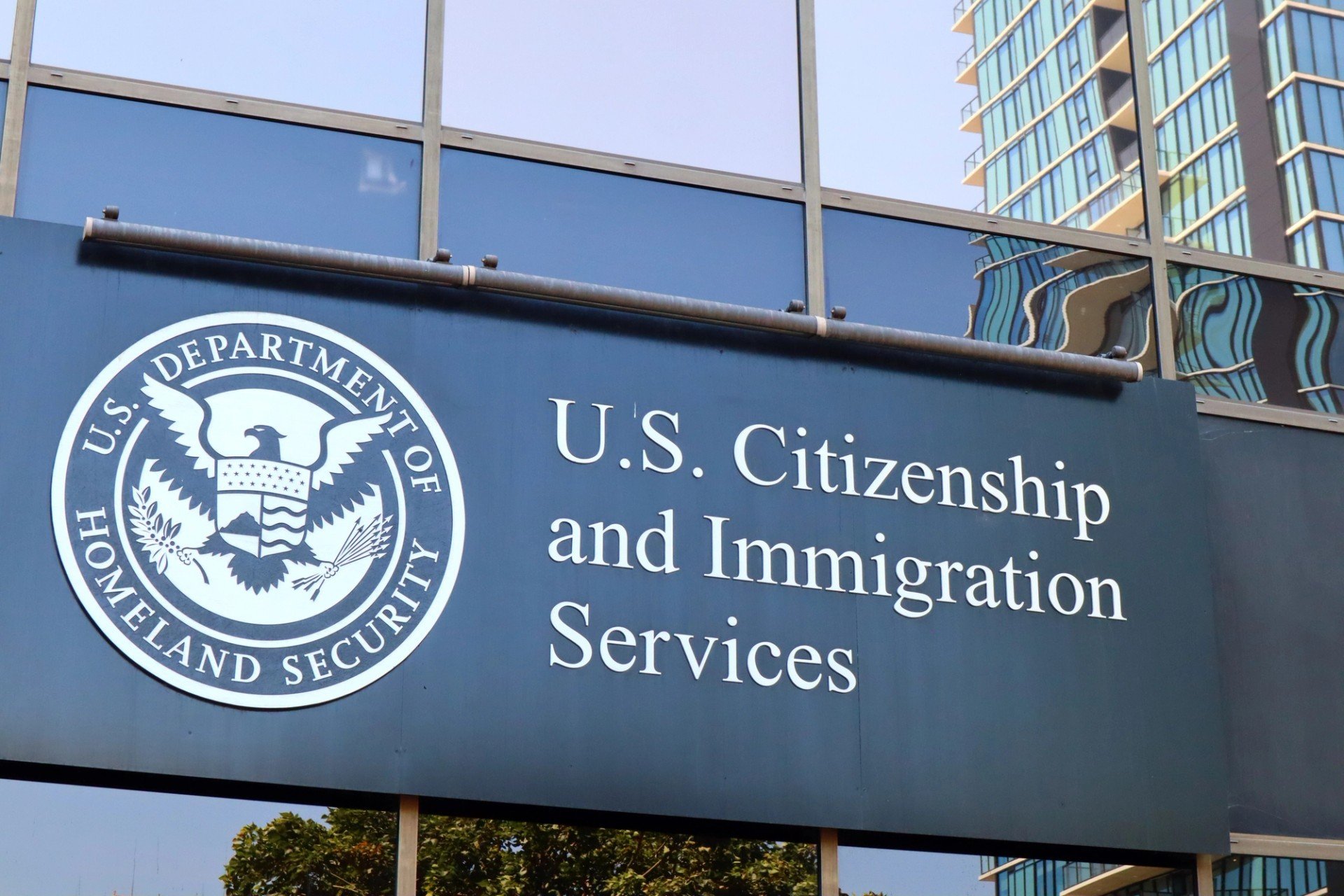Proposed Changes to H-1B Visa Rule Would Hurt STEM in the United States, APS Argues
A new plan would limit foreign-born physicists’ job opportunities.

Physicists routinely build careers in many diverse fields, such as climate science, computer engineering, and quantum technology. But a proposed rule by the U.S. Citizenship and Immigration Services (USCIS) could make it more difficult for physicists to secure those jobs through an H-1B visa, which allows U.S. employers to hire foreign workers with specialized skills to work in the U.S. for a specific period of time.
The proposed rule would require that STEM workers’ degrees be “directly related” to the job they are seeking. However, physicists often get jobs with titles that don’t directly match their degrees. Plenty of students with degrees in physics go on to succeed as quantum engineers, systems analysts, or physical chemists, for example.
The change would upend the agency’s longstanding practice of entrusting the employer to ensure an H-1B worker’s education — bachelor’s degree or higher — is appropriate for a job position.
APS recently submitted a public comment to the USCIS, urging the agency to change the language in its proposed rule. In its letter, APS asks the USCIS to consider the full body of work that goes into obtaining a doctorate in physics. After all, a newly minted Ph.D. physicist will have succeeded at learning technical tools, designing experiments, managing research programs from inception to completion, and communicating results to fellow scientists. This experience is crucial and applicable for many STEM careers.
The proposed rule would make it harder for foreign-born scientists and engineers, who are integral to the U.S. economy and national security, to build careers here, APS’s letter notes. Quantum science is a stark example. “Quantum workforce needs will only continue to grow,” the letter reads. “We need all hands on deck to leverage this new technology domain, including both domestic and foreign-born physicists.”
It’s not clear when the USCIS might finalize the proposed rule, but some parts may be approved next month.
Tawanda W. Johnson
Tawanda W. Johnson is the APS senior public relations manager.